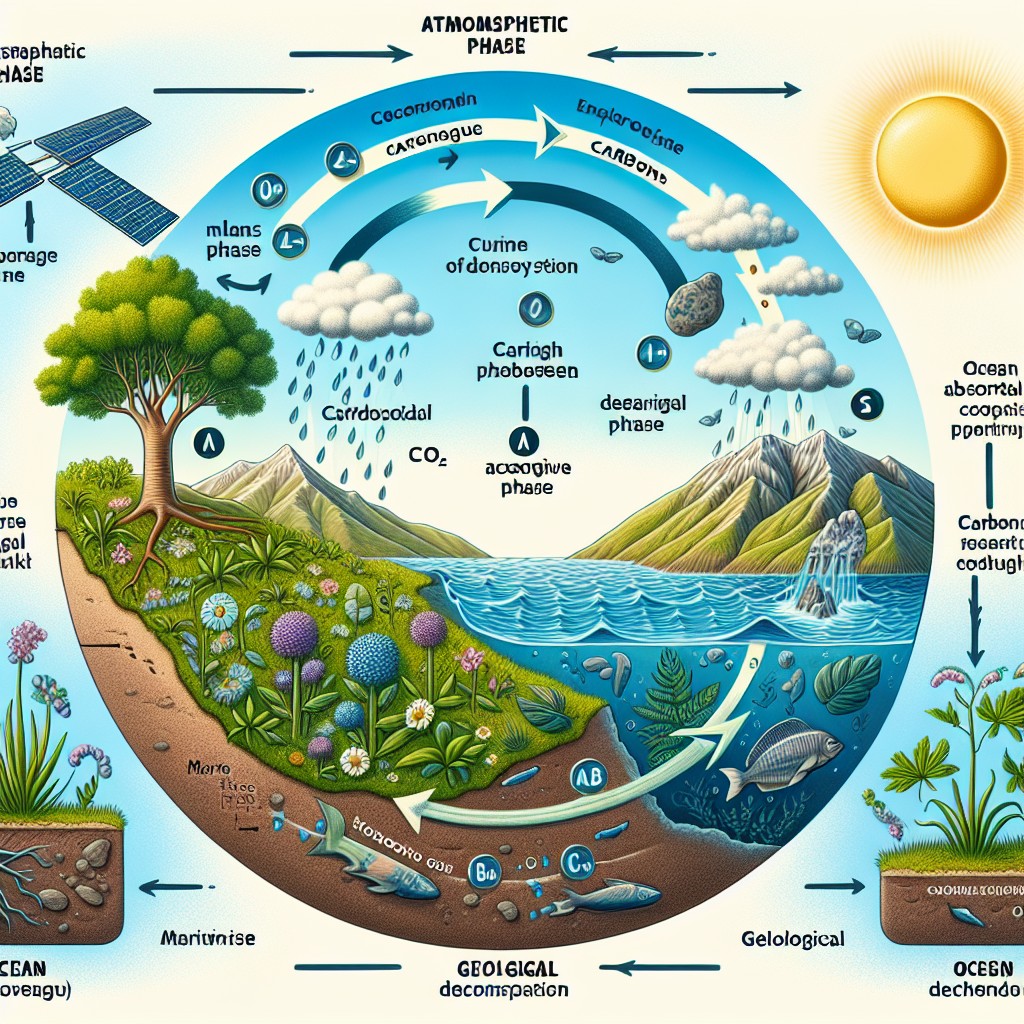Zinc is an essential mineral that plays a crucial role in maintaining overall health and wellness. It is involved in various physiological processes in the body, including immune function, cognitive function, skin health, wound healing, vision, reproductive health, bone health, and gut health. Zinc is not produced by the body, so it must be obtained through diet or supplementation.
In terms of dietary sources, zinc can be found in a variety of foods. Some of the best sources of zinc include red meat, poultry, seafood (such as oysters and crab), dairy products, nuts and seeds (such as pumpkin seeds and cashews), legumes (such as chickpeas and lentils), and whole grains. It is important to consume an adequate amount of zinc through diet to ensure optimal health and wellness.
Zinc plays a vital role in supporting immune system function. It is involved in the development and function of immune cells, such as T cells and natural killer cells, which help the body fight off infections. Research has shown that zinc supplementation can help reduce the duration and severity of colds and other respiratory infections. Zinc also has anti-inflammatory properties that can help modulate the immune response and reduce inflammation in the body.
When it comes to cognitive function and mental health, zinc also plays a significant role. Zinc is involved in neurotransmitter function and communication within the brain, which can impact mood, memory, and learning. Research has shown that zinc deficiency is associated with cognitive impairments and mood disorders such as depression. Supplementing with zinc has been shown to improve mood and cognitive function in some studies.
In terms of skin health and wound healing, zinc is essential for maintaining healthy skin and promoting the healing of wounds. Zinc is involved in collagen synthesis, which is important for skin structure and wound repair. Research has shown that zinc can help speed up the healing process of wounds, such as cuts and burns. Zinc also has anti-inflammatory properties that can help reduce redness and swelling in the skin.
Zinc also plays a crucial role in maintaining vision and eye health. It is found in high concentrations in the retina and helps protect against oxidative damage that can lead to age-related macular degeneration. Research has shown that zinc supplementation can help reduce the risk of developing macular degeneration and slow its progression in some cases. Including zinc-rich foods in your diet can help support healthy vision.
In terms of reproductive health and fertility, zinc is essential for both men and women. In men, zinc plays a role in sperm production and quality, while in women, it is important for hormone regulation and egg development. Research has shown that zinc deficiency can lead to infertility in both men and women. Supplementing with zinc has been shown to improve fertility outcomes in some studies.
Zinc also plays a role in supporting bone health and preventing osteoporosis. It is involved in bone formation and mineralization, which are important for maintaining strong and healthy bones. Research has shown that zinc supplementation can help increase bone density and reduce the risk of fractures in postmenopausal women. Including zinc-rich foods in your diet can help support bone health.
Maintaining a healthy gut microbiome is essential for overall health and well-being, and zinc plays a role in supporting gut health. Zinc helps maintain the integrity of the gut lining and supports the growth of beneficial bacteria in the gut microbiome. Research has shown that zinc deficiency can disrupt the balance of gut bacteria and contribute to digestive issues such as diarrhoea and inflammation. Including zinc-rich foods in your diet can help support a healthy gut microbiome.
Zinc deficiency can have serious consequences for health. Common causes of zinc deficiency include inadequate dietary intake, poor absorption due to digestive disorders, increased need during pregnancy or illness, or use of certain medications that interfere with zinc absorption. Symptoms of zinc deficiency can include impaired immune function, hair loss, skin problems, poor wound healing, cognitive impairments, and fertility issues. Treatment options for zinc deficiency include increasing dietary intake of zinc-rich foods or taking zinc supplements under medical supervision.
To incorporate more zinc into your diet for optimal health and wellness, focus on including a variety of zinc-rich foods in your meals. Aim to include sources such as red meat, poultry, seafood, dairy products, nuts and seeds, legumes, and whole grains regularly in your diet. The recommended daily intake of zinc varies depending on age, sex, and life stage but generally ranges from 8-11 mg per day for adults. If you are unable to meet your daily zinc needs through diet alone, consider talking to a healthcare provider about whether a zinc supplement may be appropriate for you. By prioritising your intake of this essential mineral, you can support various aspects of your health and well-being.
FAQs
What is Zinc (Zn)?
Zinc (Zn) is a chemical element with the atomic number 30. It is a bluish-white metal that is commonly used in alloys and as a coating for other metals.
What are the uses of Zinc (Zn)?
Zinc (Zn) has a wide range of uses, including as a component in batteries, as a coating for steel to prevent rusting, in the production of brass and other alloys, and as a dietary supplement.
What are the health benefits of Zinc (Zn)?
Zinc (Zn) is an essential mineral that is important for many bodily functions, including immune system function, wound healing, and cell growth and division. It is also important for maintaining healthy skin, hair, and nails.
What are the sources of Zinc (Zn)?
Zinc (Zn) can be found in a variety of foods, including meat, seafood, dairy products, beans, nuts, and whole grains. It can also be taken as a dietary supplement.
What are the symptoms of Zinc (Zn) deficiency?
Symptoms of Zinc (Zn) deficiency can include slow growth, delayed sexual maturation, loss of appetite, impaired immune function, and skin rashes.
What are the symptoms of Zinc (Zn) toxicity?
Symptoms of Zinc (Zn) toxicity can include nausea, vomiting, diarrhea, abdominal cramps, and headaches. In severe cases, it can lead to kidney and liver damage.


